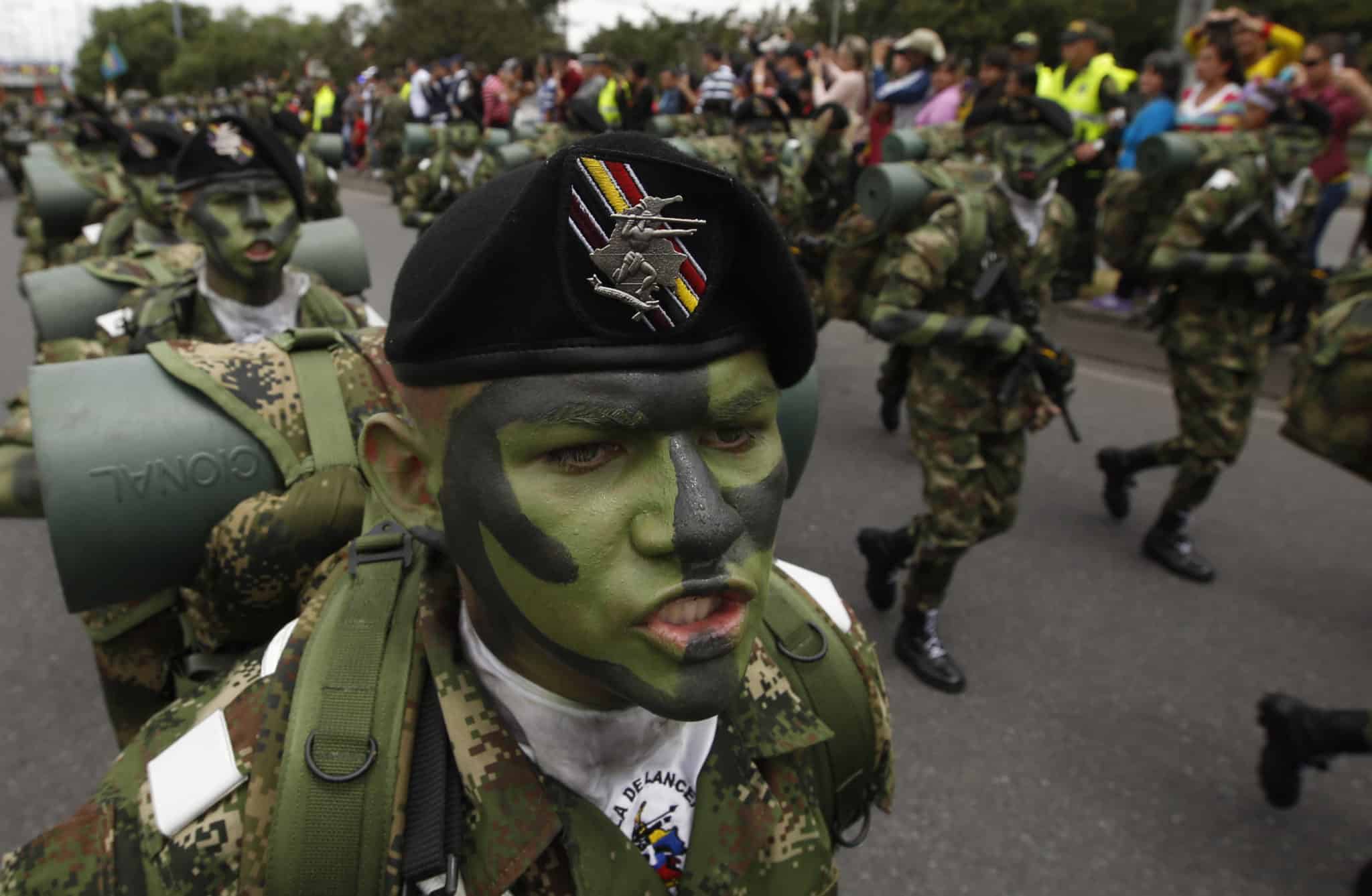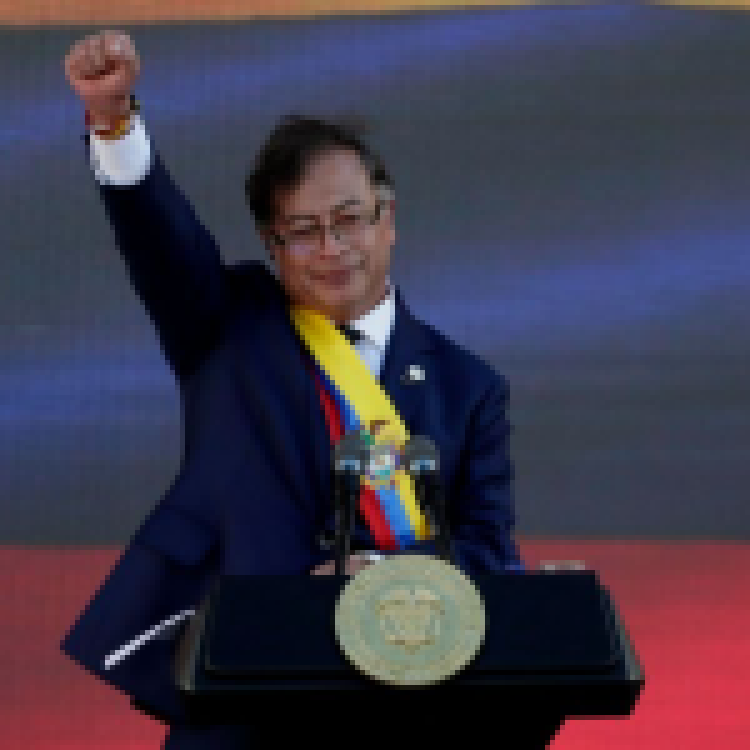
Colombia President, Gustavo Petro has named commanders for the military and police, saying he chose the officials as they have not been accused of human rights violations or corruption.
Petro, a critic of Colombia's military establishment has promised to change the security forces and instil officials who respect human rights.
The criteria for selecting the new commanders was "zero corruption, zero violation of fundamental rights," Petro said during a news conference.
"The concept of human security means that success lies not in the number of dead, but in substantially reducing deaths, massacres and increasing substantially peoples' liberties and rights," Petro added.
General Helder Fernan Giraldo was named commander of the armed forces, General Luis Mauricio Ospina is to direct the army and Vice Admiral Francisco Hernando Cubides will head the navy. General Luis Carlos Cordoba will direct the air force and General Henry Armando Sanabria the national police.
Petro pledged during his campaign that soldiers accused of human rights violations will stand trial in regular courts, rather than military ones.
He has also promised to remove the police from the defence ministry and dismantle its ESMAD riot squad, a notorious police division which has played a role in the deaths of protestors.
Armed conflict has plagued Colombia for almost 60 years, causing about 450,000 deaths between 1985 and 2018 alone.
Colombia and the National Liberation Army (ELN) rebel group also took steps on Friday to restart peace talks. Petro has said he wants to start peace talks with the nation’s remaining armed groups to reduce violence in rural areas and bring lasting peace to the nation of 50 million people.
Read more at Aljazeera

